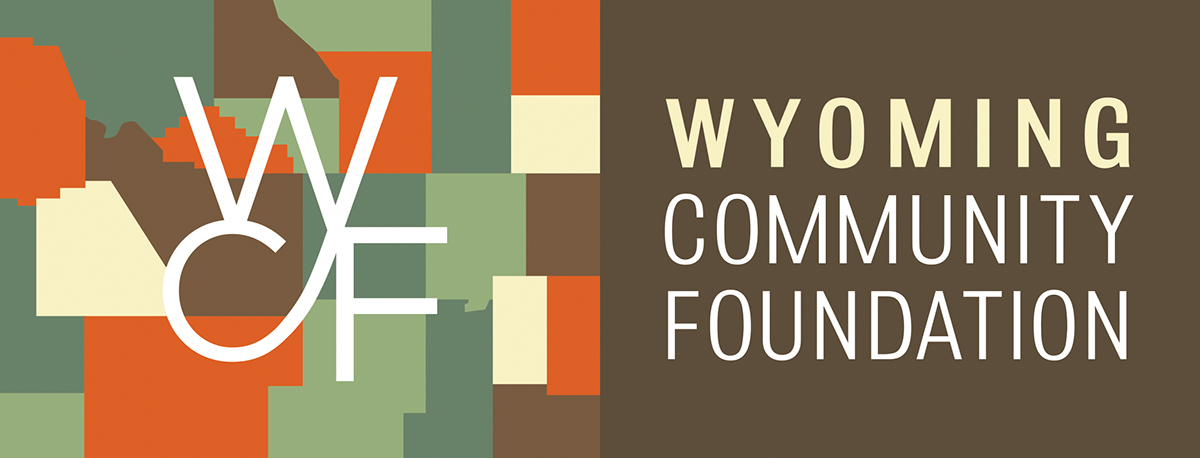Supported by the Gordon & Edna Sykes Fund and S. Wesley & Margarget F. Hyatt Fund
This story is from our fall 2021 newsletter. See the full newsletter here!
Wyomingites know that when you face a problem, sometimes you just have to “cowboy up.” But some problems need a little extra help, even when we don’t want to ask for it. Mental health is one of these issues. Even when help is available, asking for it can feel strange, even daunting.
Maria Eastman believes that there is a way around that stigma. What is at the heart of her approach? “It’s the horses,” she says. Addressing mental health with the help of horses suits many Wyomingites who might not otherwise seek support. Horses “are a common factor to everyone in Wyoming. Almost everyone has had something to do with a horse in Wyoming, or has wanted to.”
Maria is the executive director of the equine therapy organization Rainhorse. Equine therapy offers the community “a wonderful pathway into bringing [mental health] services to people who might otherwise be a little reticent to do something.”
From Maria’s ranch in the Bighorn Basin, Rainhorse provides these services to a wide range of clients. Maria, her horses, and a small staff provide programs for older people, adults with developmental delays, cancer survivors, and troubled youth.
One program, “Horse Tales: Poetry and Ponies for Dementia Care,” invites seniors with dementia to write about Rainhorse’s miniature horses, Gandalf and Gabby. Many of these seniors feel isolated, and these visits from Gandalf and Gabby can make a
big difference.
Maria also leads a program called “Graining the Mare,” which helps women develop their leadership skills by exploring emotional intelligence. The emotional bond with horses can be profound, notes Maria. “We’re both creatures that live in communities, and we both are very sensitive to the emotional states of others in our community, although we humans have often lost some of that sensitivity.” At Rainhorse, clients can work to regain some of this lost connection.
Maria and her team of humans and horses have plans for the future. Maria is especially eager to work more with troubled adolescents. Young people who “may be resistant to the idea of counseling,” she comments, often “really want to build a relationship with a horse.”
Because of WYCF supporters like you, more and more Wyomingites have been able to build these relationships. More of us are learning that sometimes, “cowboy up” just means asking for the right help.
